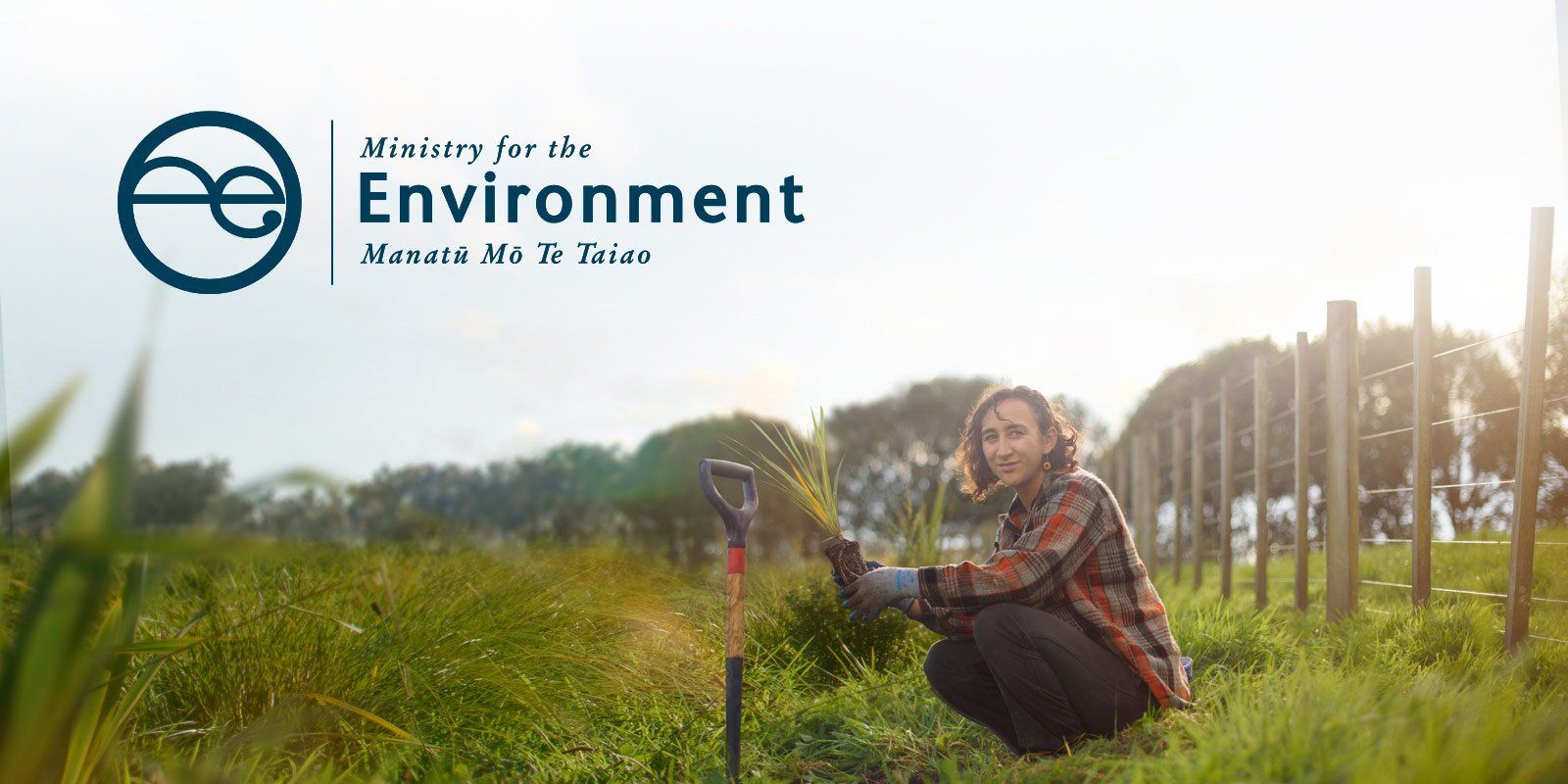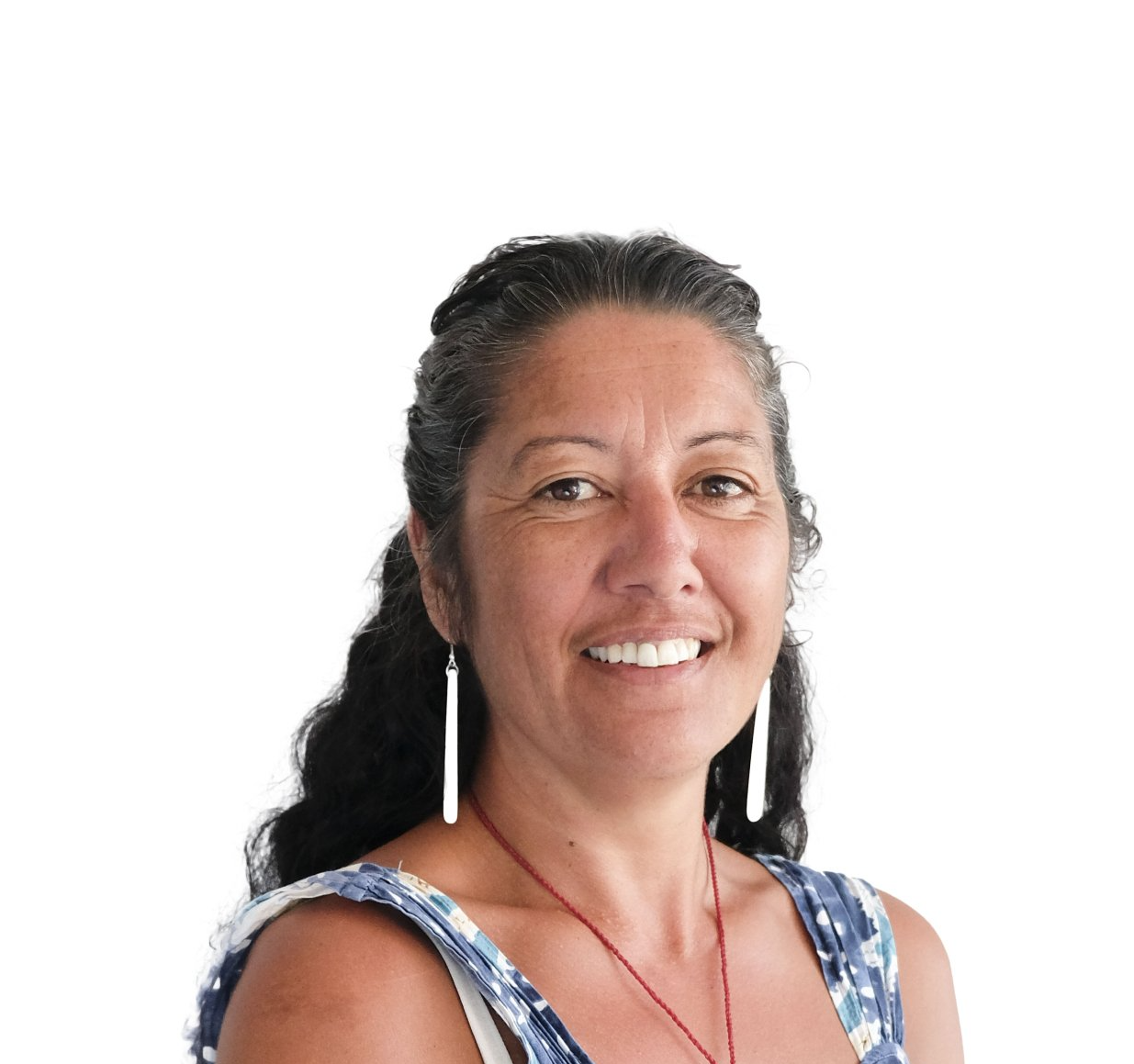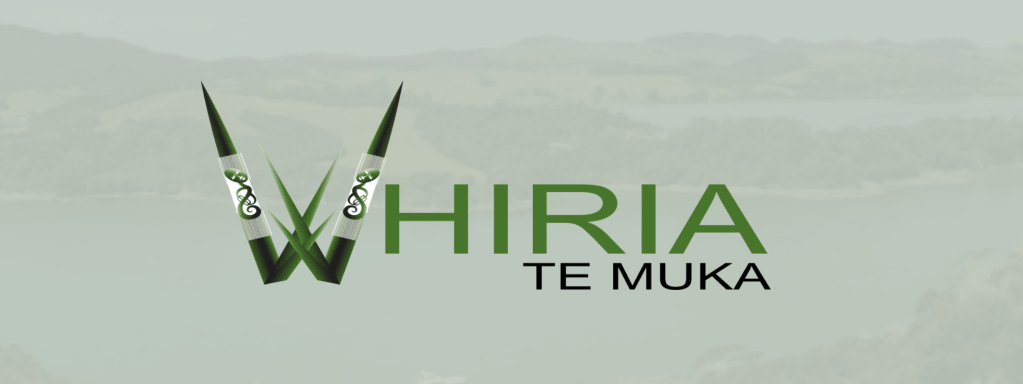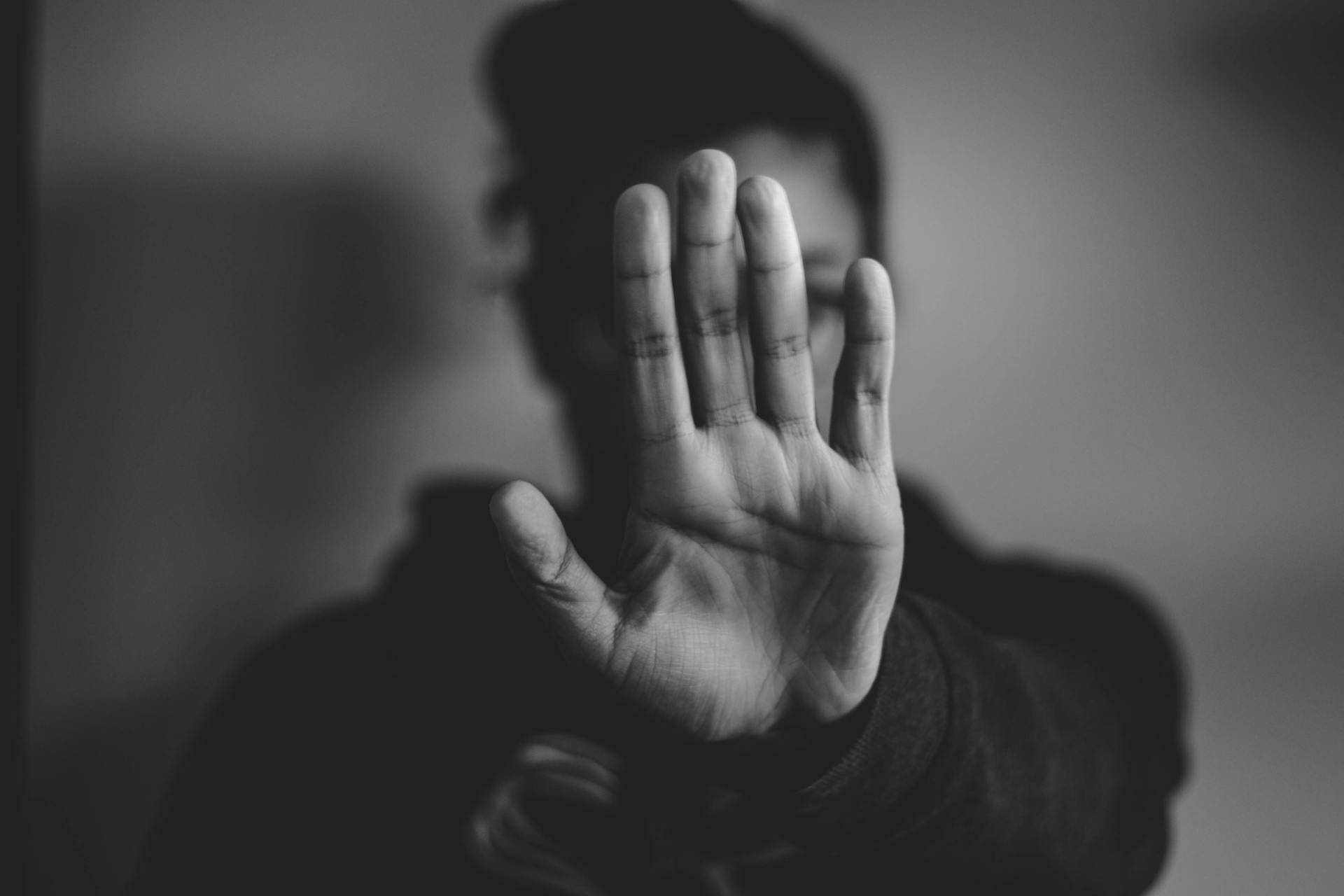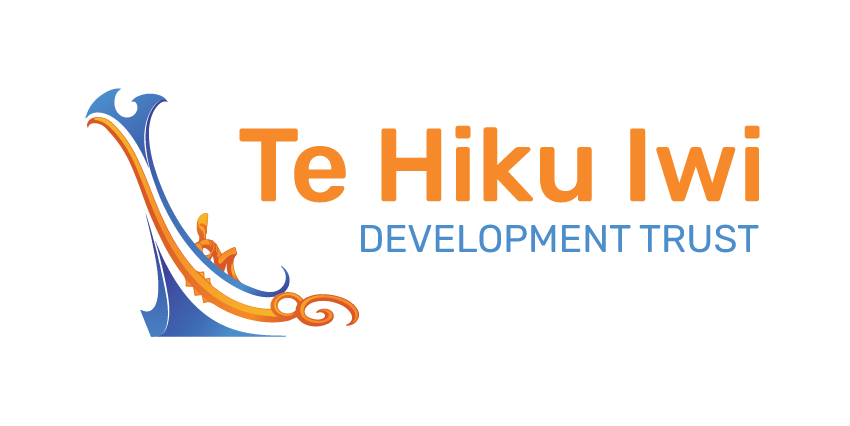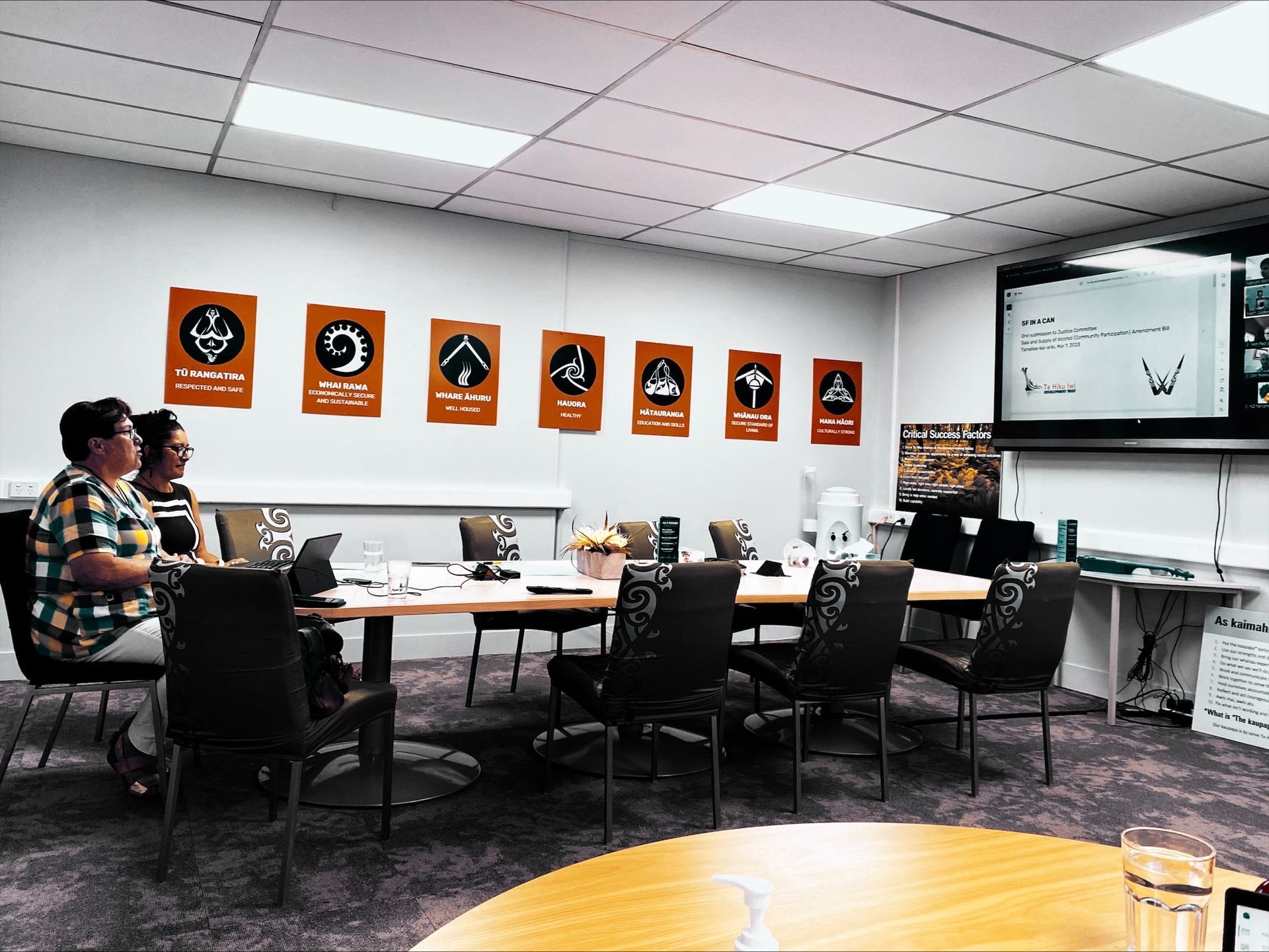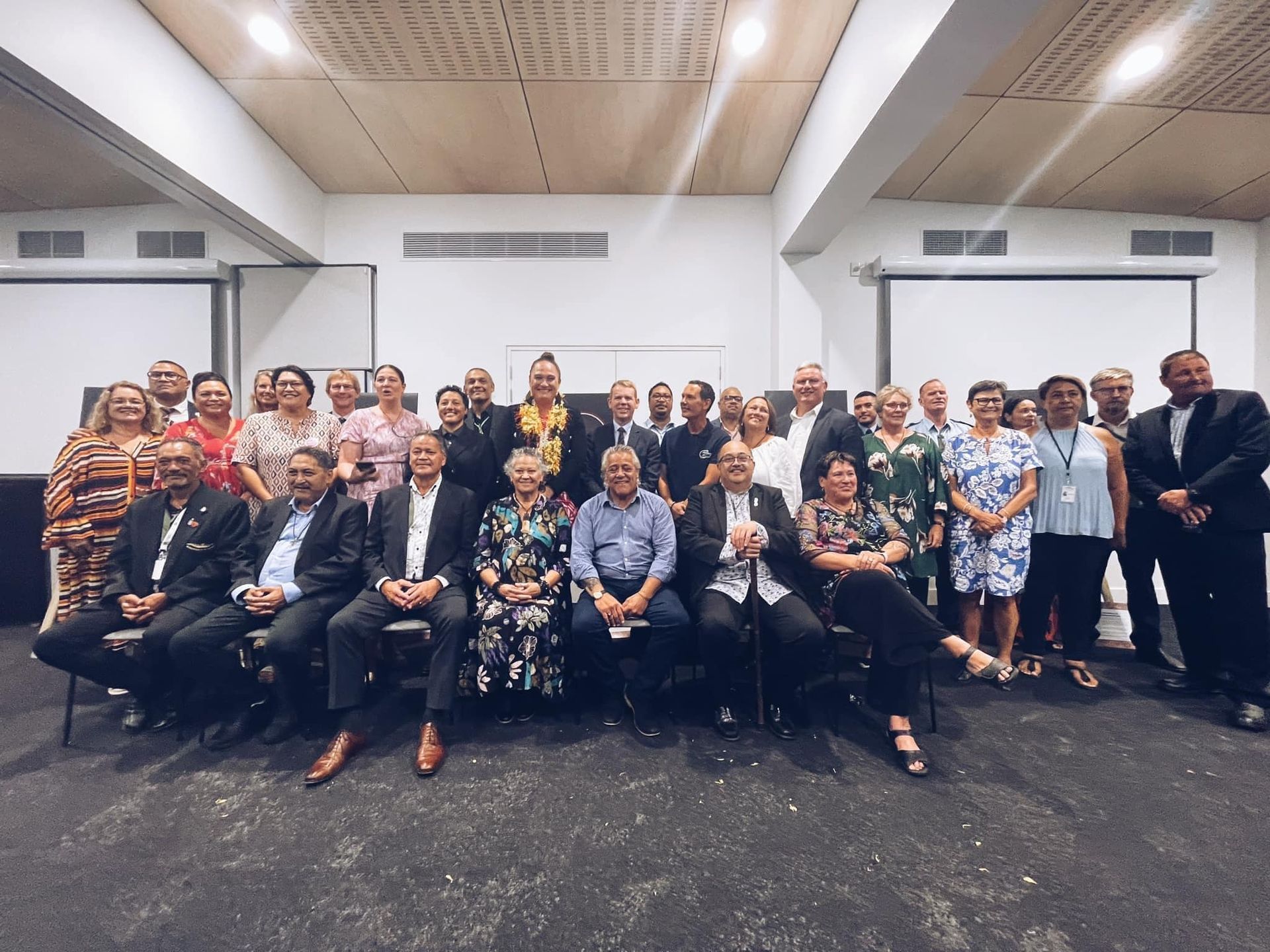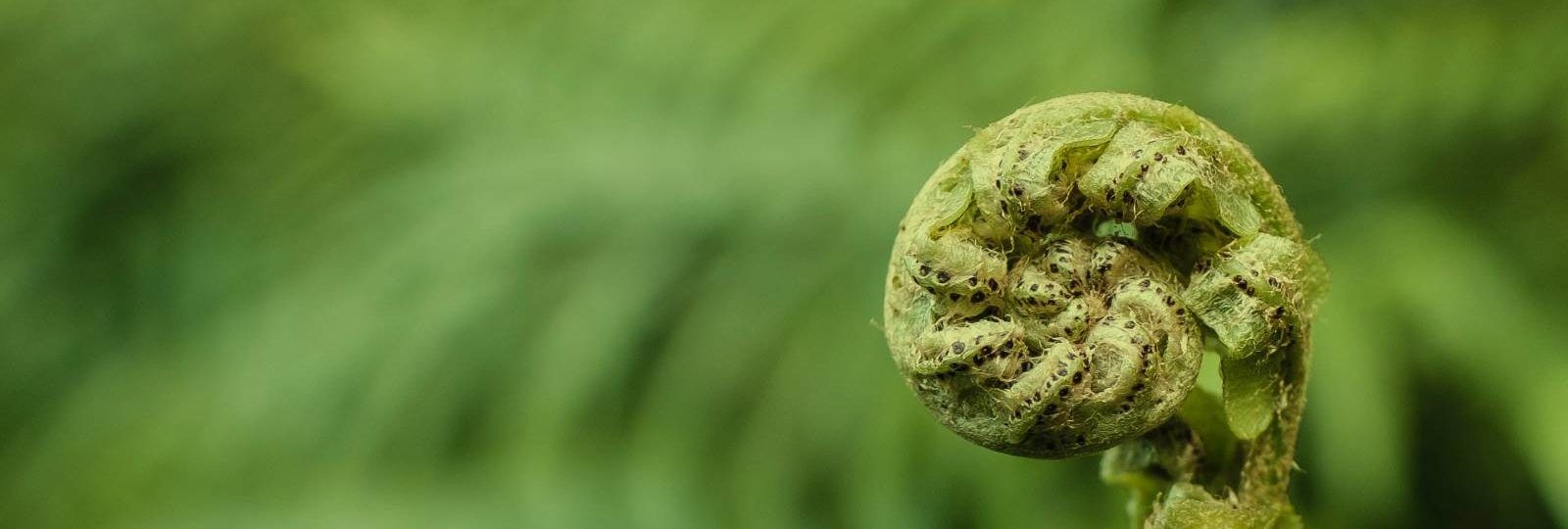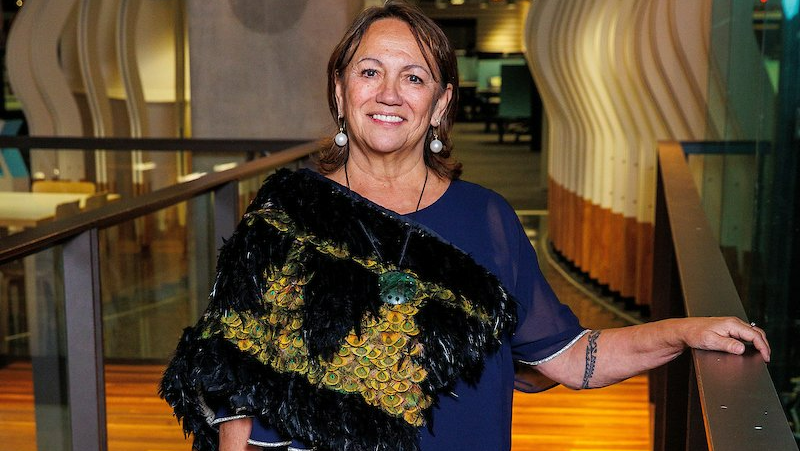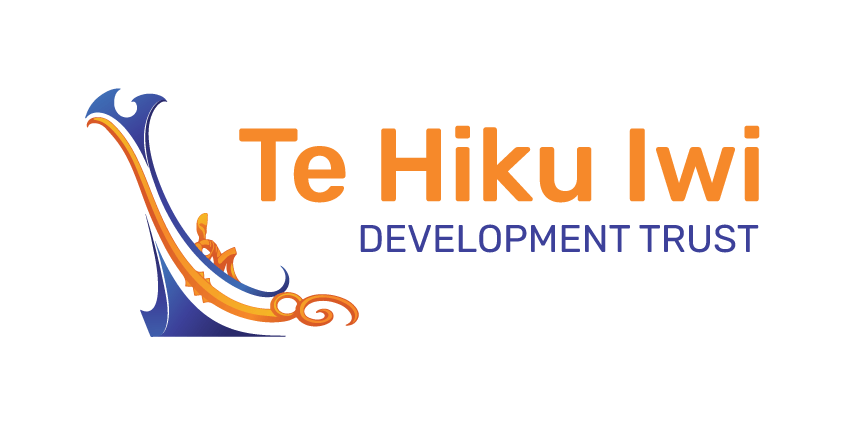Top district court judge visits Kaitaia to consult on new justice model.
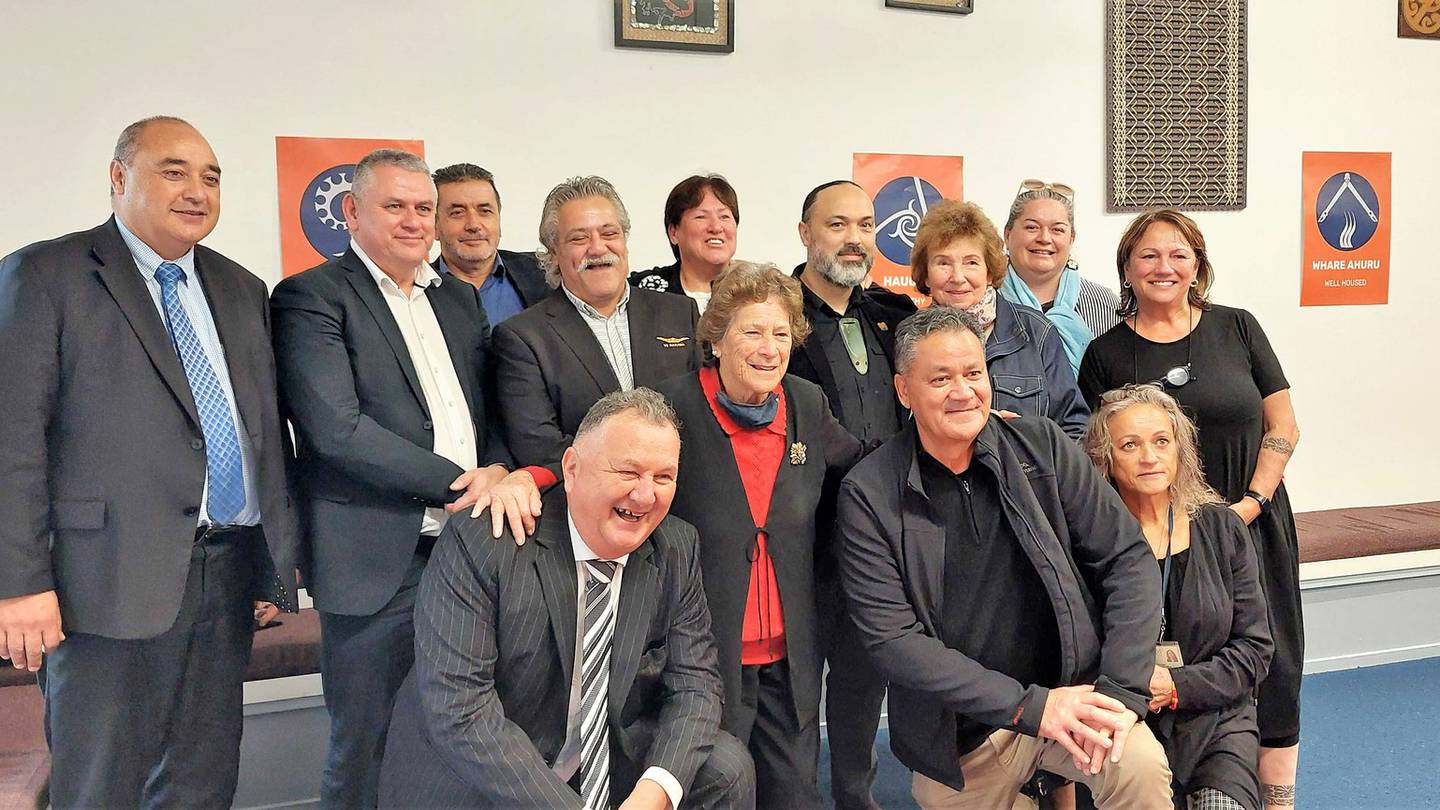
Retrieved from: https://www.nzherald.co.nz/northland-age/news/top-district-court-judge-visits-kaitaia-to-consult-on-new-justice-model/FF22SF7IBANGMCMD3UHA2VR2RQ/
By Myjanne Jensen
Editor, Northland Age
Last week the top district judge in the land visited the Far North to talk with local iwi and community leaders about a visionary kaupapa (concept) to provide better outcomes for Māori in the criminal justice system.
Chief District Court Judge Heemi Taumaunu was welcomed with a pōwhiri to Awanui's Mahimaru Marae to discuss Te Ao Mārama - a new justice model which takes practices from specialist courts and applies them to the mainstream criminal system.
Te Ao Mārama was first introduced by Taumaunu in 2020 as part of his esteemed Norris Ward McKinnon Lecture at Waikato University.
The new model is expected to change the courtroom experience by inviting iwi and community groups into court, toning down formalities and identifying the underlying drivers of crime.
Te Ao Marāma will also adopt "plain" language and greater use of speakers through cultural reports that can be ordered under Section 27 of the Sentencing Act 2002.
Taumaunu explained that Te Ao Mārama was a judicially-led kaupapa that aimed to improve the experience for all people who participated in the court system, including victims and whānau.
"Te Ao Mārama will mean all people who come to court to seek justice will be seen, heard, understood and able to meaningfully participate," Taumaunu said.
"We're here today at the invitation of the Muriwhenua iwi leaders to speak about this kaupapa and how that might be applicable to the Kaitaia District Court.
"The long-term vision is to see a vibrant, multicultural society, where the two founding cultures of the Treaty of Waitangi come together in the best version of ourselves in the spirit of partnership, to create a justice system everyone can be proud of."
Te Rarawa iwi leader Haami Piripi attended the pōwhiri last Thursday to hear more about what the Te Ao Mārama model would mean for the people of Muriwhenua.
He said he was grateful for the judge's visit and hoped the new model would mean meaningful change for his people.
"We're working really hard in the family harm area at the moment, and that's really only the tip of the iceberg of what's going on out there," Piripi said.
"Maybe there are other things that can be included in this approach that resolves some of the angst of people involved in the justice system.
According to the Ministry of Justice's recent report, 'Highly Victimised People', Māori made up 26 per cent of the most highly victimised people, almost twice as high as their proportion of the New Zealand adult population.
The report comes off the back of the New Zealand Crime and Victims Survey released earlier this year, whereby 8,000 New Zealanders aged over 15 were interviewed in March-October 2018 about their experience of crime.
The survey was focused on four per cent of New Zealand adults who experienced 47 per cent of all crime incidents that occurred in the 12 months prior to the interview.
Highly victimised people are those who have experienced four or more criminal incidents within a 12-month period.
Māori were significantly over-represented in the highly victimised four per cent compared to other ethnic groups.
Taumaumu said while there had been efforts to respond to calls for systemic change in the past, Te Ao Mārama would be a comprehensive response for the District Court and would include approaches that were unique to each community.
He said the District Court would partner with iwi and engage with local communities to co-design and deliver services to meet each community's diverse needs.
Te Ao Mārama was initially rolled out in the Hamilton and Gisborne courts and is set to be implemented at all District Courts across Aotearoa New Zealand.
It is expected that Te Ao Mārama will be announced at Kaitaia District Court in the coming weeks.
ENDS.
